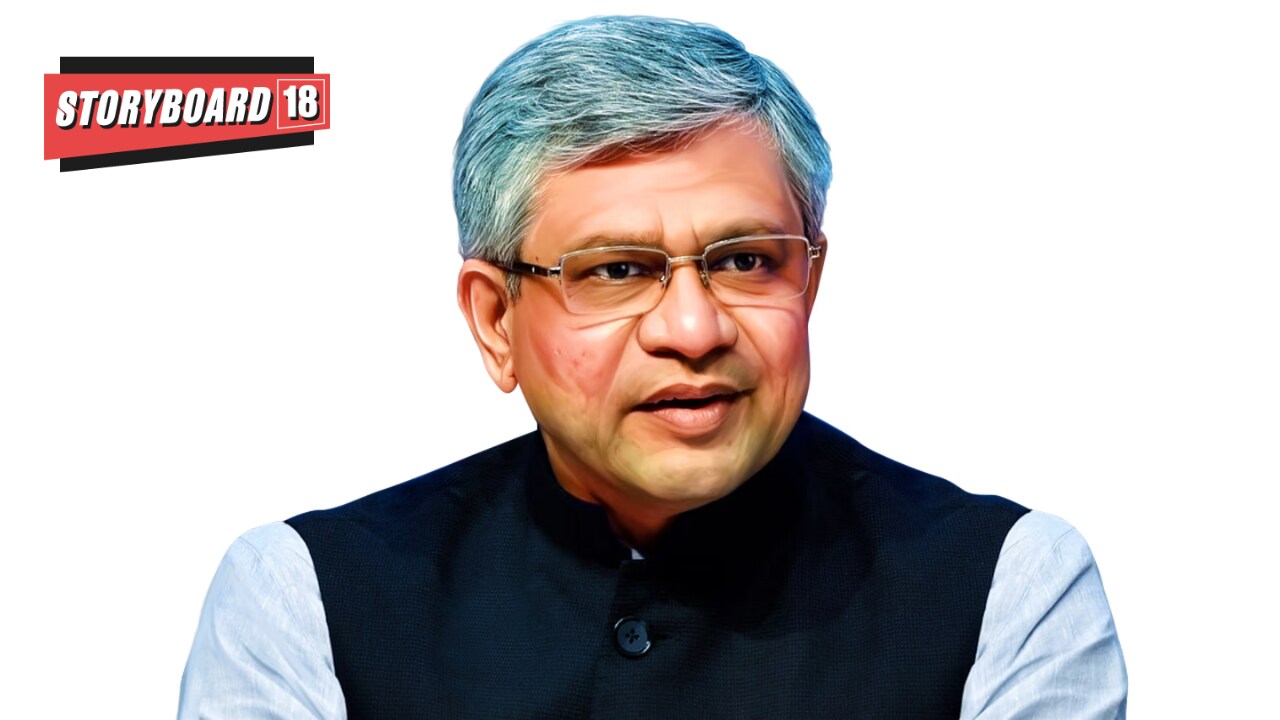In an in-depth conversation at News18 Rising Bharat Summit, Union Minister Ashwini Vaishnaw laid out the government’s ambitious trajectory for India’s technological and industrial transformation, spanning artificial intelligence, semiconductor manufacturing, digital regulations, and the modernization of Indian Railways.
Vaishnaw affirmed that India’s foundational artificial intelligence (AI) model is firmly on track. “Absolutely, we are on track,” he said. “We have already got 14,000 GPUs empaneled and another round getting soon. Combine these with our talent, and it gives a very good edge to developers and startups.”
The minister highlighted the global recognition India is receiving in the AI space, referencing a tweet by OpenAI CEO Sam Altman, noting the country’s enthusiastic adoption of AI. “It’s phenomenal,” Vaishnaw added.
On the semiconductor front, Vaishnaw confirmed that India’s first Made-in-India chip is expected to roll out by September or October. “All the five units’ construction is going on very well… validation of the machinery is happening,” he assured.
India’s tech space
Responding to concerns about India being late to the AI race compared to countries like China, Vaishnaw disagreed. “This is just the first chapter of the AI book… We are very much in the race,” he said. He emphasized the need for India to build its own large language models (LLMs) for two critical reasons—technological sovereignty and the elimination of cultural bias. “We must have the LLM within our ecosystem,” he asserted.
Discussing the Digital Personal Data Protection (DPDP) Act, the minister emphasized a principles-based, consultative approach. “We had more than 35,000 inputs from various stakeholders,” Vaishnaw shared, adding that the rule-making process is now in its final stages.
He also touched on the growing responsibility of digital influencers and content creators in the wake of controversial online content. “We must understand that we are living in a society,” he said. “Whether we are content creators or consumers… we should understand our responsibility.”
On Starlink’s entry into India and the legal dispute between Elon Musk’s X (formerly Twitter) and the Indian government, Vaishnaw was firm: “Ultimately, every company… has to work within the framework of the Constitution and laws passed by the Parliament.”
India’s startup landscape, the minister noted, has exploded from a few hundred to over 1.5 lakh in the last decade. While acknowledging criticisms about the lack of deep tech, he defended the ecosystem’s diversity. “There are more than 100 deep tech startups in IIT Madras alone,” he said. “There is a space for all.”
Addressing the Production-Linked Incentive (PLI) scheme and critiques by economists like Raghuram Rajan, Vaishnaw stood by the policy. “Every country… started the same process,” he explained, citing Japan, China, South Korea, and Vietnam. He also stressed the scheme’s social impact: “Electronics manufacturing is giving meaningful employment to 25 lakh people… especially young women from rural areas.”
Amid global supply chain shifts, Vaishnaw highlighted India’s growing stature. “In 10 years, electronics manufacturing has grown five times… exports have grown six times,” he noted. India is now attracting major global players, including Chinese smartphone companies, which are encouraged to form joint ventures with Indian firms.
Modernizing Indian Railways
Turning to Indian Railways, the minister detailed a sweeping modernization plan. The upcoming inauguration of the Katra-Srinagar Vande Bharat by Prime Minister Modi is “a symbol of national unity and engineering tenacity.” Vaishnaw noted that 136 Vande Bharat services are already operational and the manufacturing continues apace.
He also underscored railway safety improvements and the rollout of the indigenous Kavach collision avoidance system. “Incidents have reduced by almost 80%,” he said, adding that Kavach deployment across 15,000 km of track is underway.
Looking to the future, Vaishnaw painted a vision of “Viksit Bharat” in 2047. “Safety will improve further… capacity will increase significantly… and new technology trains like Vande Bharat, Namo Bharat, Amrit Bharat, and the bullet train will redefine travel,” he stated. Additionally, a massive station redevelopment program covering 1,200 stations is in progress, with 100 set to be inaugurated soon.
When asked about his long working hours and the debate around a 90-hour workweek, Vaishnaw simply remarked, “Our Prime Minister has set a very good example. When we have to take our country to a totally new level, there is no option.”
